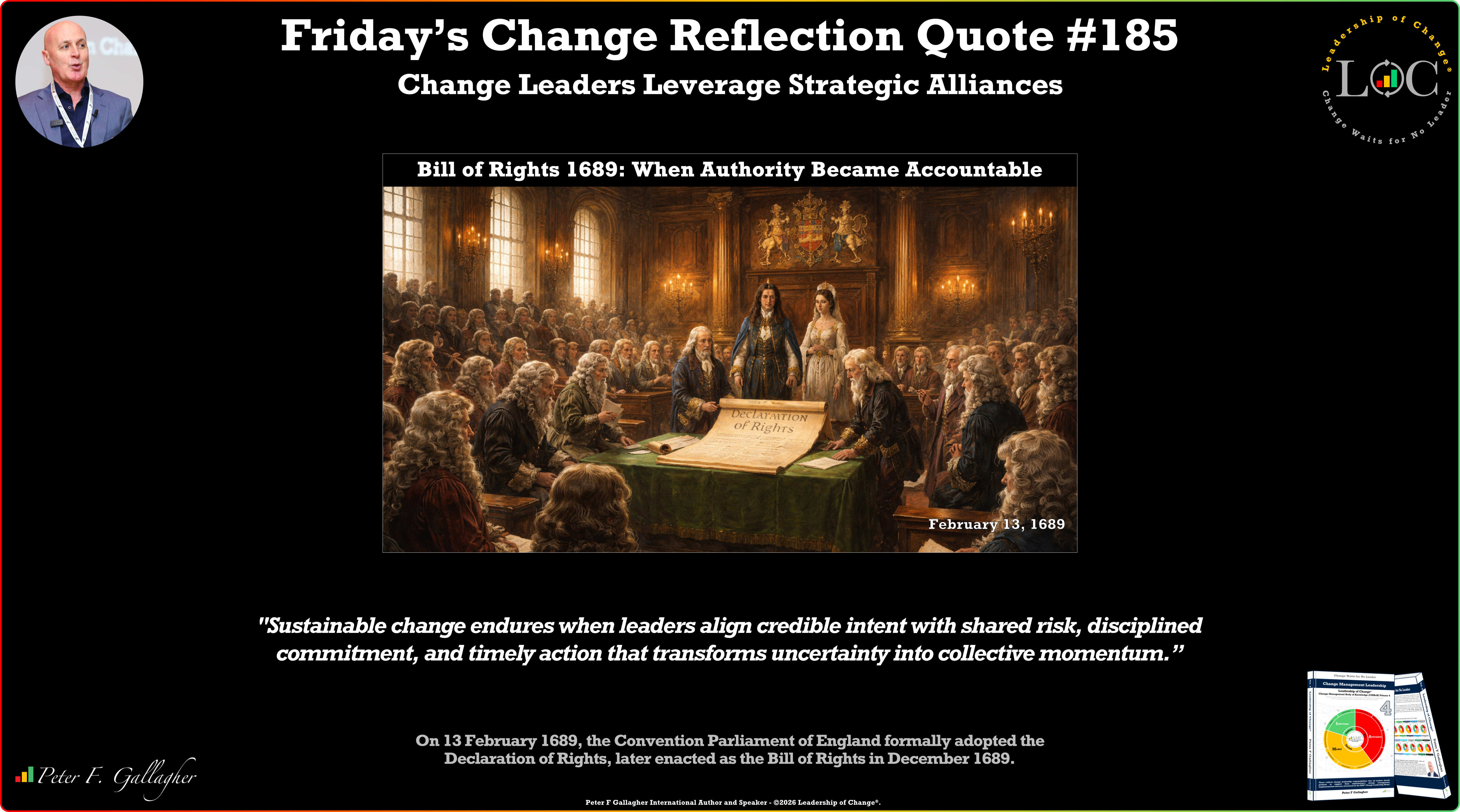Jan13

As an executive coach working with some of the top leaders in technology, healthcare, and startups, I have noticed a growing trend among my clients: they are talking more than they are listening. This is a concerning trend, as I have found that great leaders are great listeners. They possess the ability to understand what is not said, witnessed, or heard. They understand that knowledge and wisdom are gained by listening, not by talking.
The purpose of communication is to engage, not to message. This is a crucial concept for leaders to understand. When leaders focus too much on broadcasting their message, they miss out on the valuable information and insights that can be gleaned from others. In this age of instant communication, everyone seems to be in such a rush to communicate what’s on their mind that they fail to realize the value of everything that can be gleaned from the minds of others.
To become a better leader, it's crucial to stop talking and start listening. Seek understanding before seeking to be understood. Listen to your customers, competitors, peers, subordinates, and those who care about you. Use social media tools to listen and ask questions to elicit feedback. Remember, the smartest person in the room is not doing all the talking but asking relevant and engaging questions and listening.
One of the leaders' most prominent mistakes is thinking that being heard is more important than listening. This dangerous mindset can lead to poor decision-making, a lack of empathy, and, ultimately, a lack of buy-in from your team. The first rule in communication is to seek understanding before seeking to be understood. Communication is not a one-way street.
I have interviewed and worked with some of the most noted leaders of our time, and to the one, they never miss an opportunity to listen. They aggressively seek out new and better ways to listen. They understand the immense value contained in the old saying, "it’s impossible to stick your foot in your mouth when it’s closed."
Leadership is about action, but leaders who act before they understand tend not to achieve the desired outcome. You are responsible for creating a culture of active listening as a leader. This starts with setting an example. If you want your team to listen, you must be willing to listen to them. Show them that their input is valuable and that you are committed to understanding their perspectives.
You can also create a culture of active listening by providing your team with the tools and training they need to be effective listeners. This might include training on active listening techniques, allowing them to attend workshops, or encouraging them to seek out additional resources.
One of the best ways to create a culture of active listening is by creating an environment where people feel safe to share their thoughts and ideas. This means building a culture of trust and respect. When your team feels their opinions are valued, they will be more likely to speak up and share their thoughts.
As a leader, it's important to remember that listening is not a one-time event. It's an ongoing process that requires commitment and dedication. Set clear expectations and goals, and hold yourself accountable for your progress and follow-up.
By Dean Miles
Keywords: Business Continuity, Mental Health, Startups
 Testing Suez: Economics Are Driving Carriers Back Into the Red Sea
Testing Suez: Economics Are Driving Carriers Back Into the Red Sea Mastering Social Media in 2026: Optimizing Networking and Advocacy for the Digital Age
Mastering Social Media in 2026: Optimizing Networking and Advocacy for the Digital Age Friday’s Change Reflection Quote - Leadership of Change - Systemic Change Follows Failed Governance
Friday’s Change Reflection Quote - Leadership of Change - Systemic Change Follows Failed Governance Who Are You Under Pressure - And Is That the Real You?
Who Are You Under Pressure - And Is That the Real You? LinkedIn Voice for Sales
LinkedIn Voice for Sales